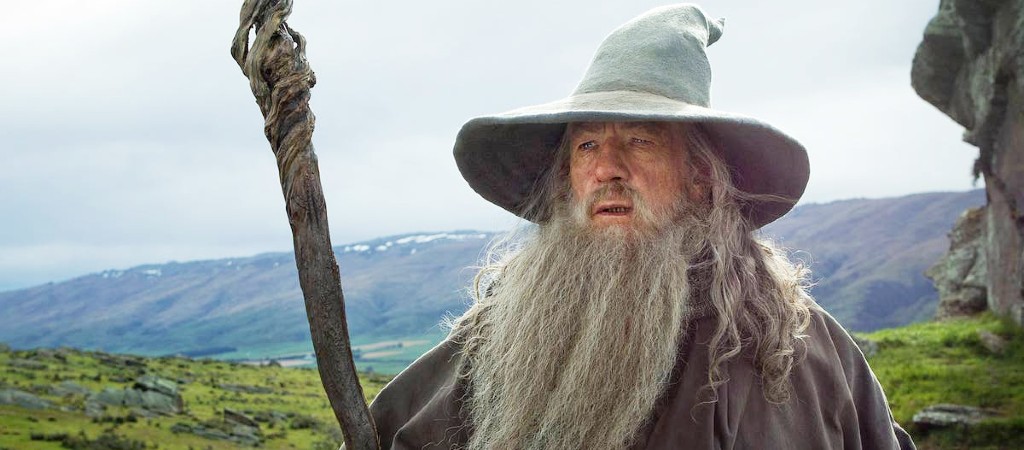When HBO Max launched, the promise was that it would contain all of WarnerMedia’s vast library under one roof. In theory, it’d be the exclusive home for properties like The Lord of the Rings films, DC Comics, and Harry Potter. Although, that last one proved to be tricky right out of the gate as the Harry Potter films bounced back and forth between the burgeoning streamer and Peacock. However, what was a bug caused by the lucrative (and hard to resist) lure of licensing deals is now starting to become the cornerstone of the new content strategy for Warner Bros. Discovery.
Ahead of The Lord of the Rings: The Rings of Power premiering on Amazon, a direct competitor of HBO Max, the streaming/shopping behemoth approached WBD about licensing the LOTR films. Surprisingly, the studio agreed to the deal instead of trying to hoard the Peter Jackson films on its own streamer and hope for it to bring in subscribers.
“We have a ton of content that has been sitting idly for just purely principle reasons,” WBD CFO Gunnar Wiedenfels said at a Bank of America event Sept. 8. “The Lord of the Rings is a great [example]: It is a nonexclusive window [and] we look at it as what we are giving up versus what additional revenue we are generating,” the CFO added, noting that “there are positive knock on effects on our own platforms as well.” WBD received an undisclosed sum in licensing revenue.
According to THR, the studio is not afraid to license other heavy hitters like Batman. After HBO Max declined to pick up Batman: Caped Crusader, a spiritual successor to the wildly popular Batman: The Animated Series, it left the door open for other streamers to pick up the series with the big three (Amazon, Hulu, Netflix) in top contention.
As for what this means for the future of HBO Max… that’s anybody’s guess. It’s an interesting change in strategy for the platform that, for one brief moment, was looking like one of the strongest competitors in the streaming wars.
(Via The Hollywood Reporter)







